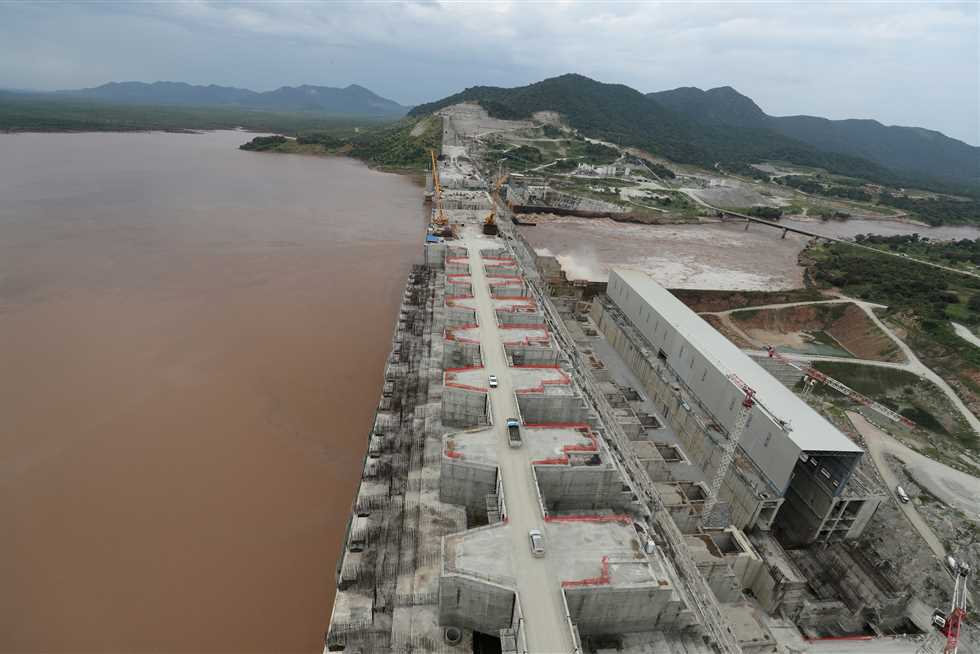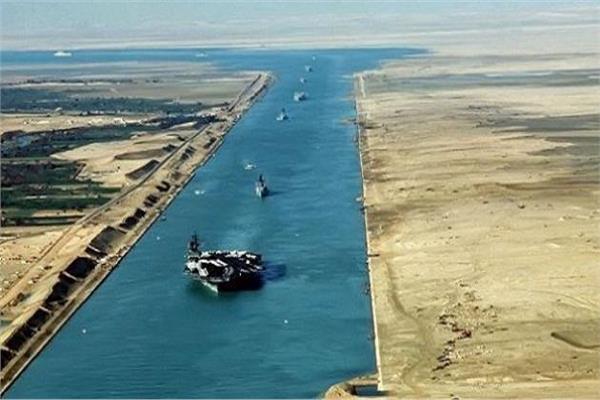
Egyptian Minister of Water Resources and Irrigation Hani Sewilam warned on Sunday that the Grand Ethiopian Renaissance Dam (GERD) and Ethiopia’s approach to the issue challenge Egypt’s water security.
He explained that the water stored by the GERD over the past years of filling the dam was deducted from Egypt and Sudan’s water reserves.
The stored water would have flowed to Egypt and Sudan, he noted, had it not been for the dam.
In an interview with Lamis al-Hadidi on the show “al-Sora” (The Picture) broadcast on Al-Nahar TV, Sewilam explained that Ethiopia did not consider the needs of downstream countries and took large quantities of water without prior agreement.
Ethiopia’s measures have harmed the water supply to Egypt, he said, adding that had it not been for the Egyptian state’s intervention this would have impacted Egypt’s citizens.
Sewilam pointed out that international laws give Egypt the right to take specific measures at specific times.
He pointed out that the state intervened to prevent harm to citizens, and that history will immortalize the role of irrigation engineers in managing the High Dam and sparing Egyptians the damage caused by GERD.
Sewilam added that the Egyptian state implemented measures that increased its ability to withstand shocks.
“The daily disbursement of Egyptians’ needs from the High Dam is carried out through a precise calculation process that is infallible,” he assured.
The minister stated that water is the most important issue for the Egyptian state, adding that there are scenarios for dealing with all developments.
Sewilam emphasized that Egypt continues to demand a binding legal agreement for the long-term operation of the GERD.
He noted that managing the refilling process following a prolonged drought is no less important than regulating the GERD’s operation.
Egypt will not sign any agreement that does not meet its needs, he stressed.




